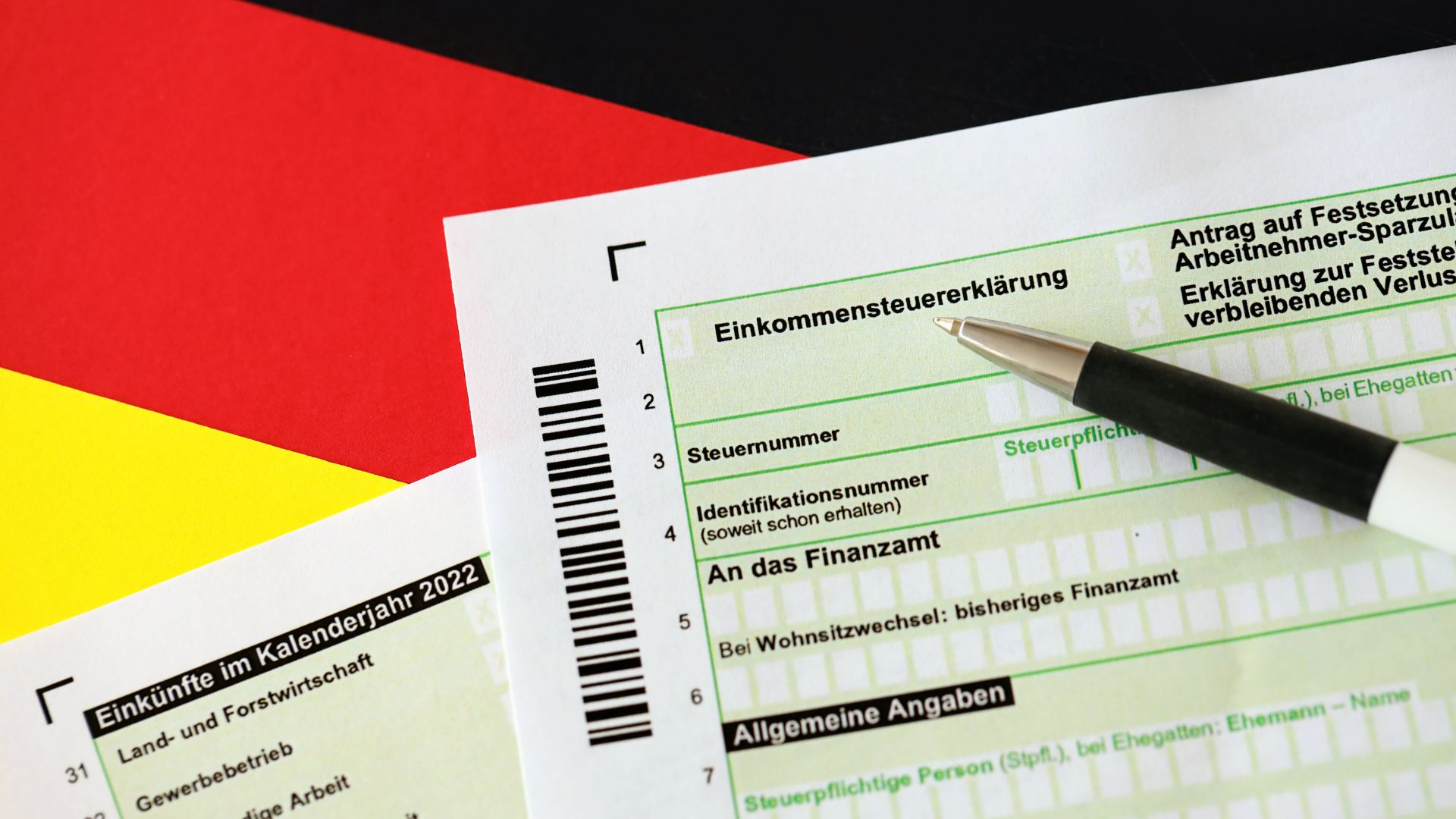The German nationality law or RuStAG provides for multiple ways of acquiring citizenship, which we will explain below:
By direct descent
- If one of the parents has German nationality, the child acquires German nationality, provided that it has been recognized by the father, if required, before reaching the age of 23.
- If the parents are foreigners, but the child was born in Germany, the child acquires German nationality if at least one of the parents has resided legally in Germany for 8 years and holds a residence permit of indefinite duration or, being a Swiss national or a family member of a Swiss national, a residence permit.
Note: Citizenship is not acquired if the parent (or, if both parents are German, both) was born abroad after December 31, 1999 and has his/her habitual residence abroad, unless, if denied German citizenship, the child would become stateless. However, the parent can prevent him/her from losing the nationality if within his/her first year of life, an application for certification of birth is filed with the German registry or if one of his/her parents became a German national according to the nationality law by persecution or if he/she would have been entitled to acquire it for this reason, without doing so.
For continuous residence
For habitual residence in Germany for 8 years and, in addition:
- Right of residence of indefinite duration.
- Proof of financial sufficiency to support oneself and one’s dependents.
- Renunciation or loss of previous nationality or proof that it is particularly difficult or detrimental to renounce it. However, its temporary preservation during the nationality process is accepted.
- Certificate of non-existence of criminal record.
- German language certificate corresponding to a B1 level or, in the case of a minor under 16 years of age, a knowledge corresponding to his or her age.
- Knowledge and engagement in the legal order and living conditions in Germany, which is demonstrated by an examination, unless due to age or disability you are unable to take the examination.
Note: The 8 years can be 7 years if you participate in an integration course and obtain the certificate issued by the Federal Office for Migration and Refugees. In addition, they can be 6 if special educational, professional, language skills or civic engagement achievements are made.
By marriage or registered domestic partnership with a German national
At least 2 years of seniority, maintaining habitual residence in Germany for 3 years or less if the marriage or partnership is at least 3 years old.
If naturalization is applied for within one year after the death of the German or the finality of the decision terminating the marriage, naturalization may be applied for. The latter provided that the applicant has custody of a minor child of German nationality from a marriage or marital union registered in a family community.
For being a minor child of the spouse or permanent partner of a German national
Provided that the naturalization requirements are met, except for the habitual residence requirement, even if the spouse or permanent partner does not yet meet the residence requirement for 3 years.
For having been German
As a German foreigner, he and his minor children may be naturalized by simple petition, provided that he has not been convicted of an unlawful act.
For having close ties with Germany
A foreigner with habitual residence abroad may be naturalized by simple application if he has such ties to Germany as to justify it.
In the public interest
The foreign spouse or permanent foreign partner of a German who has habitual residence abroad because it is in the public interest that he or his German spouse or partner remain there, may be naturalized upon simple request.
Ius sanguinis
Blood law confers on German descendants the right to claim German citizenship, subject to certain requirements and the collection of sufficient evidence of a blood relationship to a German ancestor.
For persecution
Persons who, because of measures of persecution on political, racial or religious grounds taken in the period from January 30, 1933 to May 8, 1945:
- They renounced their nationality before February 26, 1955.
- They were denied the acquisition of citizenship by marriage, legitimization or collective naturalization.
- They were not naturalized under conditions in which the application for naturalization would normally have been successful.
- They did not submit an application for naturalization previously because they were excluded from that possibility.
- They gave up or lost their habitual residence in Germany, provided it had been established before January 30, 1933, or later, if they were minors.
And their descendants, will be entitled to a simplified naturalization that only requires that:
- Not having been sentenced to a prison sentence or juvenile penalty of more than 2 years for one or more intentional crimes, nor having been ordered to be remanded in custody in the last preventive sentence.
- Neither the applicant nor his or her ascendants have acquired German citizenship after May 8, 1945 and have lost or abandoned it again, unless the loss was based on marriage to a foreigner or legitimation.


Necessary documents for the German nationality procedure
- From the applicant:
- Birth certificate
- Current identity card
- Other certificates of marital status
- Birth and marriage certificates proving family connection to the ancestor stripped of nationality
- German ancestry:
- Birth certificate
- Current (or last) identity card
- Death certificate (if applicable)
- Proof of German citizenship, which can be demonstrated with:
- Old German identity cards
- Certificates of cancellation of registration prior to 1945
- Former Heimatschein
- Evidence of persecution, which may be, for example:
- Religious affiliation is recorded on birth or marriage certificates (applicant’s or parent’s)
- Notes in passports or other official documents
- Receipt of compensation payments under the Federal Compensation Law
- Proof of name change (if applicable)
- Proof of the acquisition of a foreign nationality (if applicable)
Application for German citizenship
This can be done from abroad by sending the corresponding form together with the dossier with all the documents and the respective family tree by mail to the local German mission or directly to the headquarters of the Federal Office of Administration in Cologne.
Duration of the German citizenship process
Depending on the complexity of the file and the workload of the Federal Administration Office, it may take between 1 and 3 years.
Cost of applying for German nationality
The application for this type of nationality is free of charge.



